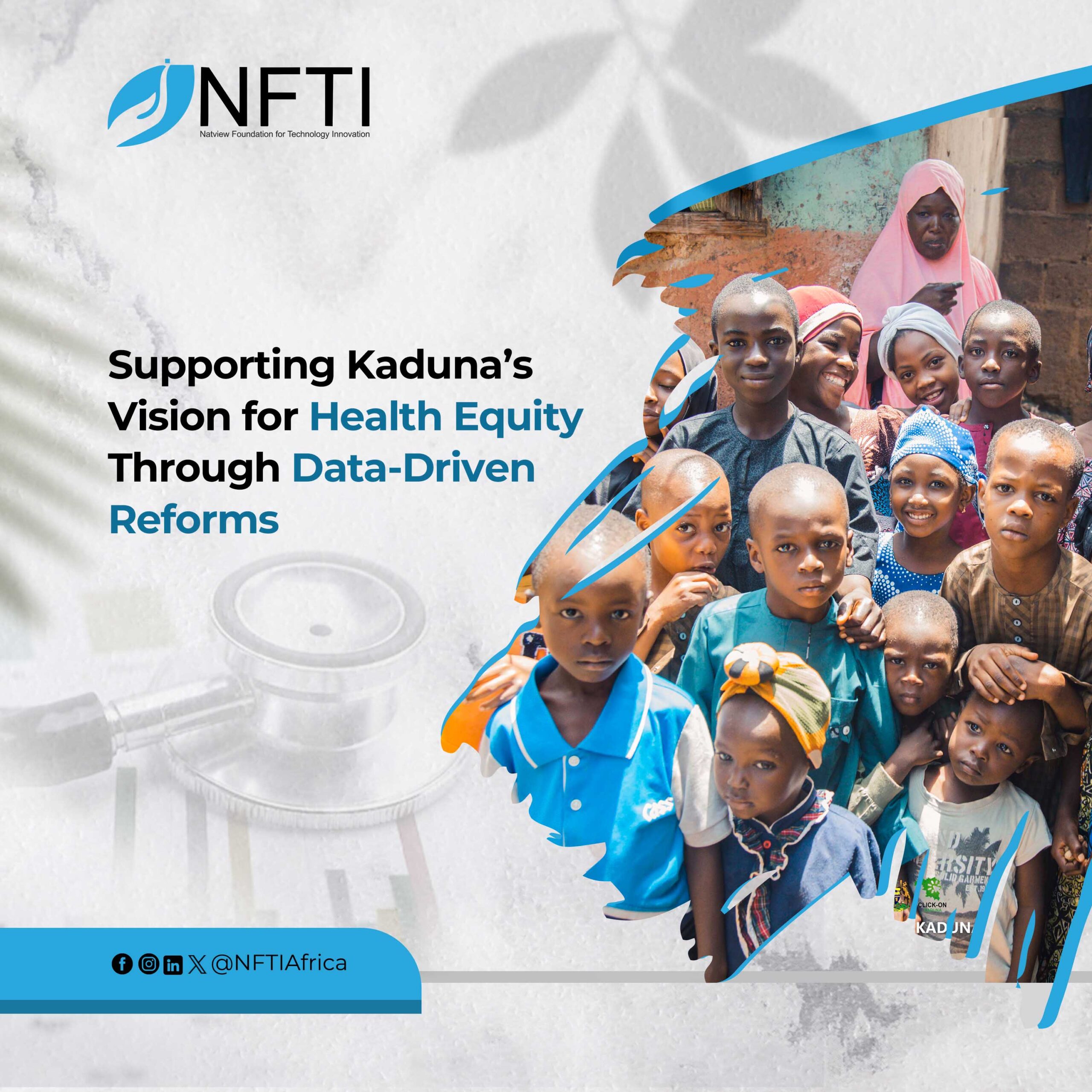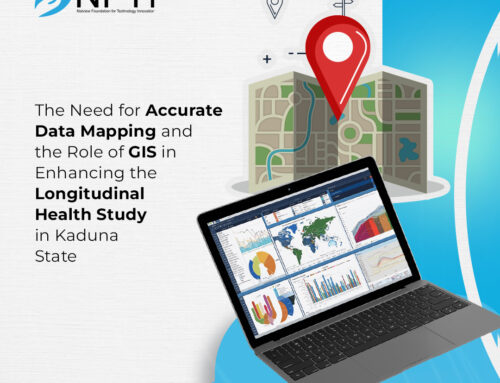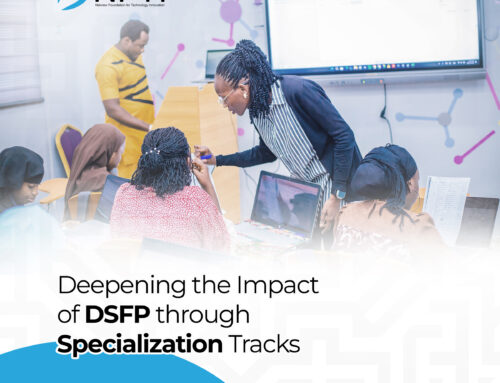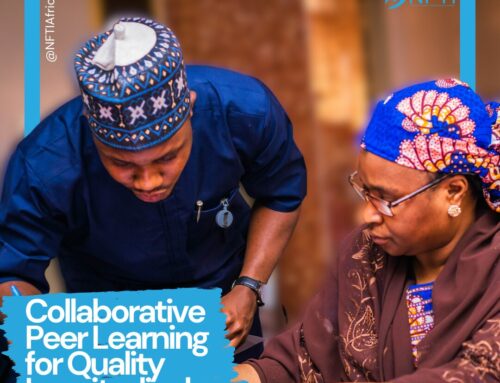Healthcare financing is a critical pillar of any health system, directly affecting service delivery and health outcomes. According to the World Health Organization (WHO), health financing plays an important role in enabling progress towards universal health coverage. Sadly, access to affordable, quality healthcare remains a monumental challenge in many parts of Africa, as healthcare services are mainly financed through out-of-pocket payments. In Nigeria, policy documents on health, such as the Abuja Declaration of 2010, pay special attention to the pursuit of equity in health and healthcare, aiming to improve access to quality healthcare for poor and vulnerable populations. These policies focus on eliminating all barriers, including financial ones, to healthcare utilization and ensuring access to essential services. Despite these efforts, there is still a significant burden on households when it comes to healthcare costs. The government’s spending on health remains low, resulting in a disproportionate financial burden on households. In 2013, 69% of health expenditure in Nigeria was made by households up front, without insurance (WHO, 2015), which far exceeds the recommended limit of 20%. This alarming statistic implies that the poorest individuals are often excluded from necessary care or pushed further into poverty due to unsustainable healthcare costs. Therefore, carefully designed and implemented health financing policies can be the difference between accessible care and the lack of it. Kaduna State has acknowledged these challenges and is making health financing reform a top priority through its health MDAs, led by the Kaduna State Contributory Health Management Authority (KADCHMA). Working with the Kaduna State government, the Bill & Melinda Gates Foundation, NFTI, and other important partners, KADCHMA is set to address pressing issues like fund allocation and resource utilization in healthcare financing, moving the state closer to achieving universal health coverage. NFTI’s technical support in developing the Health Care Financing (HCF) Dashboard and other data-driven components of the reform will bring transparency, efficiency, and accountability to the state’s healthcare system.
Policymakers and healthcare administrators in Nigeria have long struggled to make evidence-based decisions that improve resource management and health outcomes. Most times, poor allocation of resources results in significant funding gaps, especially in primary healthcare centers (PHCs), which are the first point of care for rural communities. Many PHCs lack the resources to provide basic health services due to an absence of real-time data on funding flows, making it difficult to determine where additional funds are most needed. With the development of the HCF Dashboard, the state aims to close these data gaps and offer stakeholders a clear, concise view of financial allocations and healthcare expenditures. For example, the dashboard will allow policymakers to monitor health expenditures in real time and compare released funds to those received by healthcare facilities. This will enable the identification of bottlenecks in fund disbursement and highlight areas where additional support is necessary, particularly in underserved rural areas. The dashboard will also provide insights into how effectively funds are being used to deliver healthcare services, allowing decision-makers to identify inefficiencies and bottlenecks in fund utilization. In addition to this, NFTI is working diligently to streamline data collection processes and standardize reporting formats across the state’s healthcare facilities and agencies, as integrating data from different sources into a single platform will create a harmonized dataset that provides a comprehensive view of the state’s health financing landscape. This harmonization is critical for achieving data interoperability to ensure that decision-makers have access to accurate, up-to-date information.
NFTI’s work on HCF doesn’t stop at technology solutions, the foundation will also support building the capacity of key stakeholders to use these tools effectively through training workshops, retreats, and consultations. These capacity-building sessions will help stakeholders better understand the importance of healthcare financing data and how to leverage the HCF Dashboard for planning, monitoring, and evaluation to guarantee the dashboard’s sustainability and widespread adoption across the state. One such key event was the two-day residential retreat organized by NFTI in September, which brought together technical personnel from various healthcare agencies to discuss the dashboard’s development and other key issues. Participants included representatives from the Ministry of Health, KADCHMA, SPHCB, and the Kaduna State Health Supply Management Agency (KADHSMA), among others.
Many PHCs lack the resources to provide basic health services due to an absence of real-time data on funding flows, making it difficult to determine where additional funds are most needed. With the development of the HCF Dashboard, the state aims to close these data gaps and offer stakeholders a clear, concise view of financial allocations and healthcare expenditures.
The initiatives are still in their early stages, but the progress made so far is promising. As the HCF Dashboard becomes fully operational and adopted across all healthcare facilities and government agencies, the potential for improving health outcomes in Kaduna State is enormous. Implementing these solutions will bring many benefits to the citizens of the state, especially those in rural communities. The transparency provided by the HCF Dashboard is set to be a game-changer in improving accountability. Health facilities will be required to report on how they use funds, and any discrepancies in fund allocation or usage can be quickly identified and addressed. This will ensure that healthcare funds are used for their intended purposes, ultimately improving the quality of care and better health outcomes for the state’s population. Also, with access to accurate, real-time data, policymakers will be able to make more informed decisions about healthcare financing systems. This data-driven approach can help the state government develop better health policies and strategies that certify that resources are allocated in a way that maximizes impact and improves population health. As Kaduna State continues to implement these health financing reforms, we can all anticipate a future where every healthcare facility, from urban hospitals to rural clinics, has the resources they need to provide quality care.
The importance of health equity has never been clearer. Health equity means ensuring that everyone—regardless of ethnicity, gender, disability status, language, education, or income level—has the same opportunities to achieve optimal health. As an organization committed to leveraging data for social good, we recognize our role in advancing this mission, and we always desire to use technology to support initiatives that empower communities. Achieving health equity takes more than data, however, implementing data-driven policies can help dismantle the barriers that prevent vulnerable populations from accessing quality healthcare to lay the foundation for a healthier, more equitable future for all, where every individual has the opportunity to thrive.





